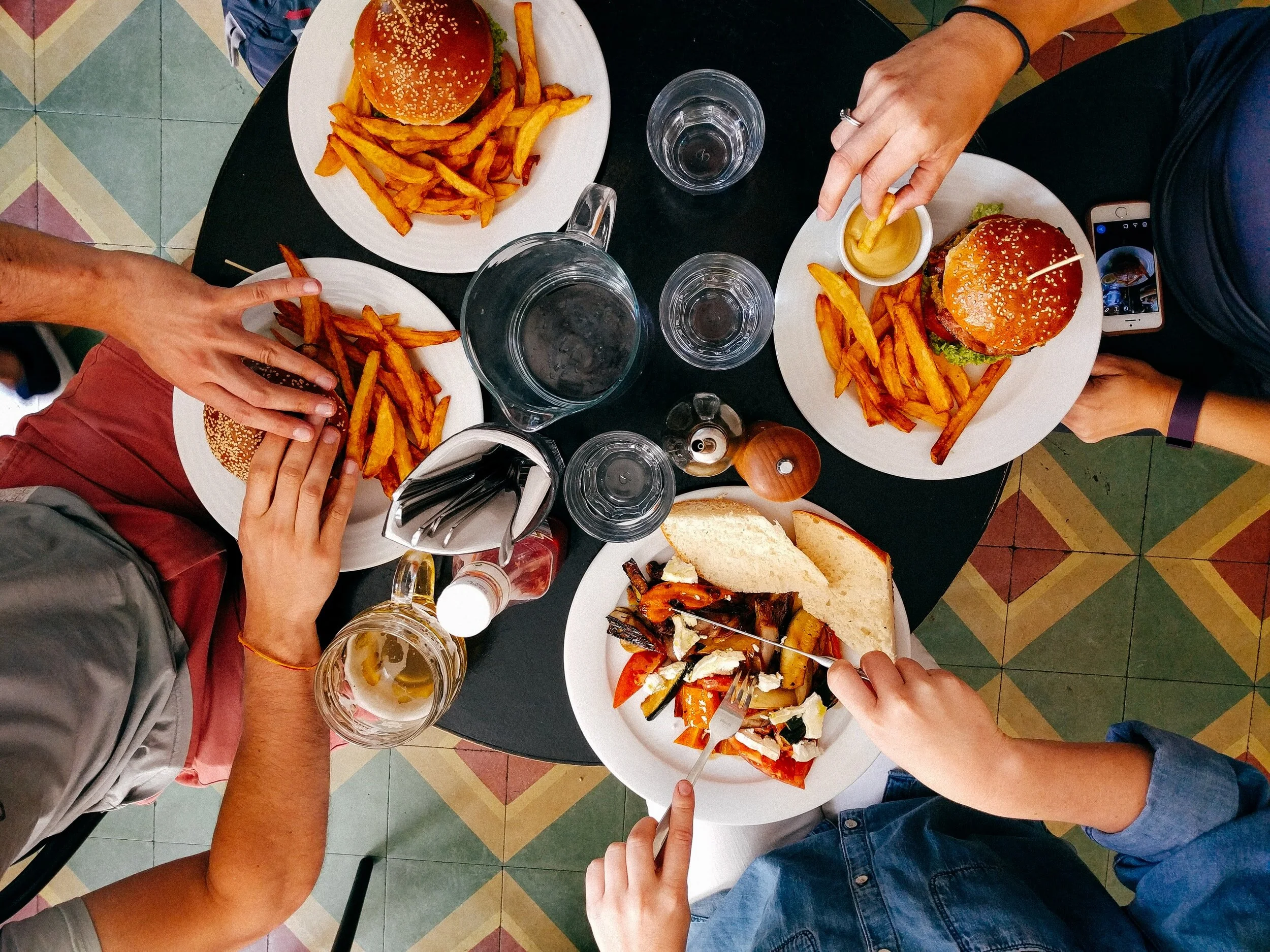ED Deep Dive #7: Orthorexia nervosa
I recently attended a webinar called “When ‘Healthy Eating’ Goes Too Far: An Overview of Orthorexia & Disordered Eating” hosted by BALANCE eating disorder treatment center. With a basic knowledge of (and sadly a strong identification with) this particular type of disordered eating, I wanted to learn more about how healthy eating can tip the scales toward dangerous behaviors and how it can be treated.
See below for a summary of what I learned.
What is orthorexia nervosa?
First coined in 1997, orthorexia nervosa (ON) is defined as an unhealthy obsession with otherwise healthy eating and is based on patterns of extreme diets intended for health reasons.
With today’s abundance of dietary restrictions, emerging allergies to certain ingredients, and elimination diets, it can be difficult to notice when a fixation on healthy eating crosses the line into disordered behaviors that can have lasting negative consequences on the body.
Normal eating vs. disordered eating
Because of the blurred lines between normal eating, disordered eating, and a full-blown eating disorder, it’s hard to pinpoint the moment your daily habits become problematic. Here are a few signs and symptoms that can help you discern whether your dietary regimen is venturing into harmful territory.
You’ve adopted new eating habits that may limit you from enjoying activities you used to love (e.g., you’re newly vegan and now avoid going out to eat with friends for fear of the lack of vegan-friendly options on the menu).
Your new eating habits have begun to affect relationships with your family, friends, school, job, etc.
Diagnostic criteria for orthorexia nervosa
Although not officially recognized by the DSM-5 (yet), here are 6 basic criteria that clinicians use to diagnose orthorexia nervosa.
An obsession or preoccupation with eating “healthy foods” focusing on the quality and composition of food
Two or more of the following:
Consuming a nutritionally unbalanced diet owing to preoccupying beliefs about food quality
Preoccupation and worries about eating impure or unhealthy foods
Rigid avoidance of foods believed by the individual to be “unhealthy”
Spending excessive amounts of time (3 hours per day or more) researching food
Feeling guilty about transgressions when “unhealthy food'“ is consumed
Intolerance to others’ food beliefs, food shaming
Spending excessive money on foods that meet the individual’s criteria for health, purity, etc. (e.g., buying only organic food)
The obsession impairs health, social life, academic life, daily functioning
The traits above are NOT associated with traits of obsessive-compulsive disorder (OCD) or other psychotic disorder
The traits above are NOT related to any religious beliefs or food allergies
Orthorexia nervosa vs. anorexia nervosa
The signs and symptoms of orthorexia nervosa may seem similar to those of anorexia nervosa given that both eating disorders involve extreme restriction and resulting guilt if the rules the individual has set for themselves are broken.
Unlike anorexia nervosa, orthorexia nervosa does not necessarily involve a desire to be thin or a distorted body image.
Orthorexia nervosa can be a risk factor for anorexia nervosa, meaning that it can progress into a real fixation on calories and body image.
Treatment for orthorexia nervosa
Orthorexia nervosa can be treated using some (or all) of the following methods:
Treating existing malnutrition - Caloric restoration, ensuring the individual is consuming adequate vitamins and nutrients
Exposure and response prevention therapy (ERP) for “unsafe” foods
Psychotherapy - To help the individual explore why, when, and how these fears and fixations may have begun
IF NECESSARY: Anti-anxiety medication
I hope this helps clears up any confusion or misconceptions surrounding orthorexia nervosa. If you think I’ve missed something, let me know.
Want to share your experience with orthorexia nervosa or disordered eating?
Or share and chat with the Recovery Writes Instagram community.



